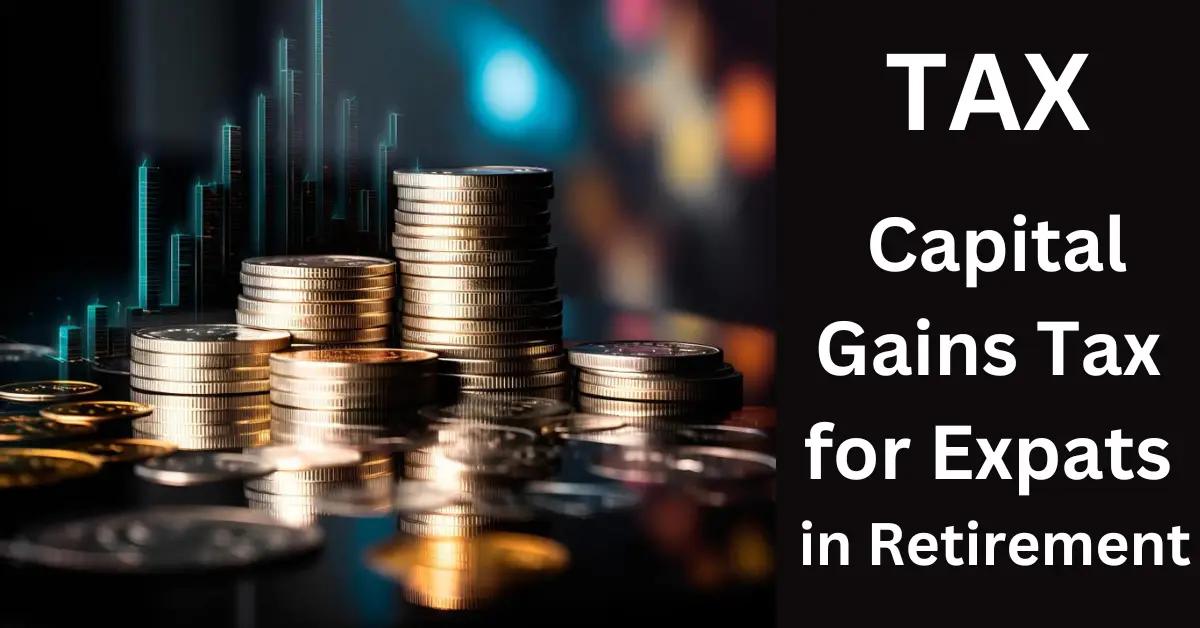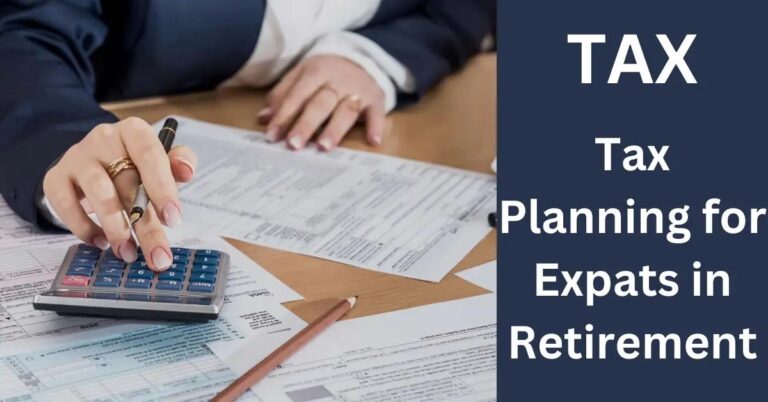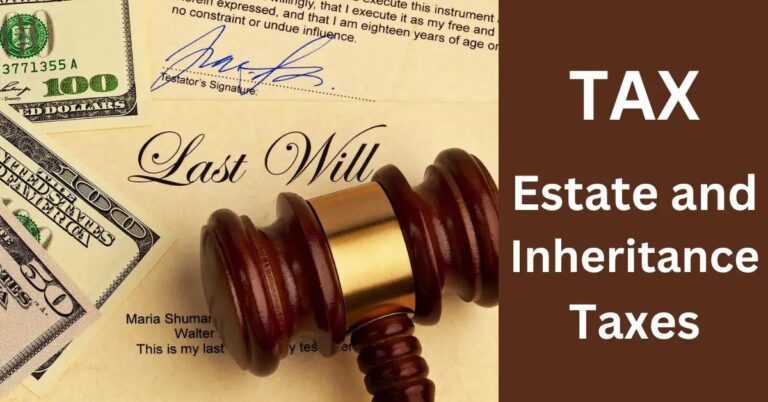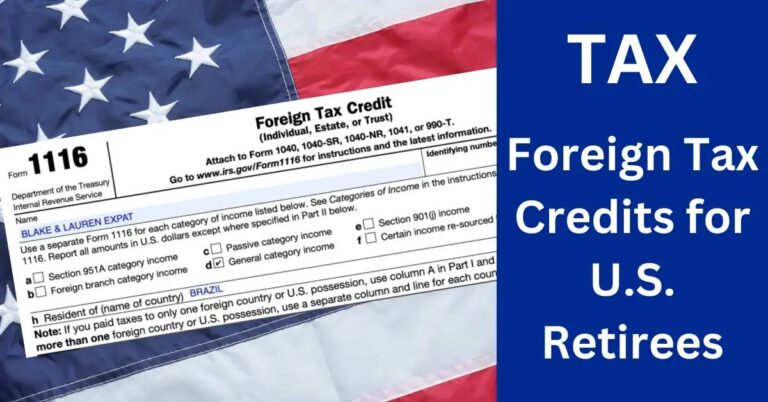TL;DR:
- US expats are subject to capital gains taxes; short-term gains are taxed as regular income, while long-term gains have a lower rate
- Understanding local tax rules and timing asset sales can optimize tax strategies for expats in retirement.
- Double taxation can be avoided using tax treaties and foreign tax credits to offset US tax liabilities.
- Countries like Portugal, Panama, and Malaysia offer favorable tax options for expat retirees.
- Consulting with international tax advisors is crucial for managing complex cross-border tax obligations and optimizing finances.
- US tax laws require reporting worldwide income; ignoring compliance can lead to fines.
- Selecting tax-efficient investment strategies is vital to balance growth with tax savings in retirement.
Are you an expat in retirement, worried about managing capital gains tax? Dive into this article to discover how you can navigate tax rules across borders. From understanding basic tax principles to leveraging international tax treaties, I’ve got you covered. Let’s explore strategies to minimize your tax liabilities and maximize your savings. Whether you’re in the U.S. or abroad, managing capital gains tax is crucial for safeguarding your retirement days.
How can expats manage capital gains tax in retirement?
Do US expats pay capital gains tax? Yes, US expats do pay capital gains tax. Living abroad doesn’t exempt you from US tax obligations. To explain, most expats must file taxes with the US government. Capital gains tax is owed when selling assets at a profit. The rate depends on how long you’ve held the asset. Short-term gains on assets held for less than a year are taxed like regular income. Long-term gains get a lower tax rate.
Understanding expat capital gains rules is the first step. Each country has its own rules for capital gains tax. Some might tax you on global income, while others might only look at local earnings. Learning the specific rules for where you live is key. This way, you can avoid surprises at tax time.
Next, consider capital gains tax strategies for expats. One strategy is timing your asset sales. Selling assets after you stop earning a salary might lower your tax rate. You might also invest in countries with favorable tax treaties. Tax treaties can help reduce or even erase some capital gains tax.
Utilizing tax treaties to manage capital gains is important. These treaties can balance tax payments between countries. Treaties often prevent double taxation, making sure you’re not taxed twice on the same income. You can check the US Treasury’s tax treaty documents to see if a treaty applies to your situation.
Finally, consider how your residency status affects capital gains tax. Residency can change where and how you’re taxed. Keep an eye on how long you spend in different countries. Unexpected moves might impact your tax responsibilities. Planning can help you stay on top of these changes and manage your taxes wisely.
What are the Tax Implications for Retirees Living Abroad?
Retiring abroad might sound like a dream, but what about the taxes? The answer depends on where you live and your income sources. Do you know what taxes do retired expats pay? Many pay taxes on their pension income. If you receive a pension and live abroad, you’ll still face tax rules. These rules vary if you’re a resident or non-resident in a country.
There’s a big difference between being a resident and a non-resident for taxes. Residents pay taxes on worldwide income, while non-residents usually pay only on income from that country. Knowing your status is key to understanding your tax obligations.
How about pension income—do you pay tax on pension if you live abroad? Often, yes. Some countries tax foreign pensions, while others don’t. You might find tax savings if your new home has a tax treaty with your old one. A treaty can reduce your tax load and prevent tax overlap.
Retiring abroad can bring tax savings if planned well. Many countries offer deals to attract expats, like low tax rates or tax breaks. These options are worth exploring to cut your tax bill.
Non-residents have extra tax duties. You might file taxes differently, and miss some tax benefits residents enjoy. Despite this, expats have paths to manage taxes smartly. Treaties, residency choices, and tax breaks are your tools to control costs. Planning and advice can help you keep more of your money and enjoy retirement in another land.
How to avoid double taxation in retirement?
Avoiding double taxation in retirement is vital for expats. One way is through double taxation agreements. These are treaties between two countries to prevent taxing the same income twice. Many expats benefit from such agreements when they retire abroad.
So, do US expats pay capital gains tax? Yes, they do. The US taxes worldwide income, including capital gains. However, expats can often utilize foreign tax credits to offset their US tax liabilities. By claiming foreign tax credits, you avoid being taxed twice on the same income while living abroad.
Navigating international tax treaties can be challenging. That’s why understanding your tax obligations in both countries is crucial. These treaties outline which country gets to tax specific income types. For instance, pension income might be taxed differently than capital gains. Each country’s tax rules and treaties dictate the specifics.
Strategically managing dual taxation involves leveraging all available resources. For example, carefully structured tax treaties can save you money by avoiding double taxation. Ensure you consult tax guides or experts [external link to further resources] to capitalize on savings opportunities.
To effectively manage taxes, begin by learning about foreign tax credits. These credits allow you to subtract taxes paid abroad from your US taxes. Some countries offer credits directly against your tax liability in your new country.
Keep an eye on each country’s tax deadlines and requirements. Missing important dates can lead to fines or more taxes. Staying informed helps keep your retirement stress-free and financially secure. This involves reviewing each country’s tax decree, obtaining necessary documents, and filing correct forms.
Understanding how these tools work lets you make the most of your retirement abroad. It’s about smart planning and using available tax relief options efficiently. In the expat world, knowledge about taxes is key to enjoying your well-deserved retirement.
Strategies to Defer Capital Gains for Expats in Retirement
Expats can explore several strategies to benefit from capital gains tax deferrals during retirement. One effective option involves timing when you recognize capital gains. First, space out your gains over several years. This strategy keeps your taxable income lower each year, which can help minimize taxes owed.
Another option is investing in opportunities that provide tax benefits. Some reinvestment strategies come with tax advantages. One example is the [like-kind exchange]. This allows you to swap one investment property for another without immediate tax payment on gains. However, keeping track of deadlines is vital. Act within the specific time limits to maintain eligibility for these benefits.
Reinvesting capital gains into specific accounts can also reduce tax burden. Consider accounts such as IRAs or other retirement savings plans. These accounts allow for tax-deferred growth, meaning you pay taxes later, freeing up more capital for growth now.
You might ask, “How can expat retirees avoid paying immediate capital gains tax?” A direct answer is by using structured products like installment sales. Here, you’ll sell property and receive payment in future installments, spreading the tax over time. This method turns large tax events into manageable ones by deferring payments.
Each strategy requires careful attention to capital gains tax deadlines and procedures. Missing a deadline can mean losing out on potential savings. It’s key to consult a tax expert to navigate these timelines accurately.
To sum up, well-planned strategies can greatly reduce your capital gains tax liability. A clear understanding of reinvestment options and strict attention to tax deadlines can help you manage your taxes effectively during retirement.
Which Countries Offer Tax-Efficient Retirement Options for Expats?
When planning for retirement abroad, understanding which countries offer tax-efficient options is key. You want to enjoy your golden years with as many tax savings as possible. So, which countries offer the best tax breaks for retirees?
Countries like Portugal, Panama, and Malaysia are often sought after by expats for their favorable tax regimes. Portugal’s Non-Habitual Resident (NHR) program is a popular choice. This program allows pensioners to receive their overseas pensions tax-free for ten years. Panama offers “Pensionado” visas with broad discounts and tax savings. Similarly, Malaysia’s MM2H program provides tax-free retirement income options.
Tax savings also depend on your residency and citizenship status. In some places, becoming a tax resident might lower your tax bill. However, not all expats want full residency; choose wisely based on your plans.
Even within favorable countries, legal nuances can lead to varying savings. Make sure to stay updated on any changes in tax laws. Retirees need to compare not just tax rates but also benefits like healthcare and lifestyle. Some offer benefits that outweigh having low or no taxes.
Consider if you can maintain dual residency in your home country and abroad. This can affect your tax efficiency too. For example, some treaties prevent double taxation, letting you avoid paying taxes twice on the same income. Before moving, consult with a knowledgeable international tax advisor. They can help you navigate the complex landscape.
In conclusion, choose your retirement destination wisely and understand how your choices affect taxes. Mindful planning can help you enjoy more of your savings while optimizing your tax situation.
How Can International Tax Advisors Help Retired Expats?
Navigating taxes as a retired expat can feel daunting. International tax advisors for retirees are vital in this process. They help make sense of the complex rules and ensure that you aren’t paying more than necessary. But what exactly can they do for you?
When it comes to retirement planning, I suggest seeking expert guidance early. A good tax advisor will explore different scenarios, tedious as they may appear at first. Their job is to understand not only your income sources but also where you are located and where you might move. Tax rules change based on these factors, and advisors know this inside out.
You might ask, “How do I find the right advisor?” Use a Capital gains tax for expats in retirement calculator as a starting point. It helps you see what you might owe and what kind of advice you need. Not all advisors are created equal. Some specialize in tax advice for globe-trotting retirees. Narrow your search by checking their expertise in expat accounting services.
Professional tax consultation is crucial when living abroad. Advisors show hidden benefits you might overlook and how to leverage them for savings. They make sure you understand the implications of your global financial moves. This is essential to integrating tax advice with your broader financial planning endeavors.
By securing a knowledgeable advisor, you gain a partner in managing cross-border issues. They keep you informed of changes in tax laws and alert you to opportunities to optimize your financial status. Be proactive: ask questions, compare services, and select an advisor who suits your specific needs. Thus, you’ll integrate smarter strategies into your global financial journey and manage taxes effectively while living abroad.
What is the impact of US tax laws on expat retirees?
US tax laws follow American expats even after they retire abroad. This means staying compliant with the Internal Revenue Service (IRS) remains important. You must report worldwide income, including pensions and investment gains. The Foreign Account Tax Compliance Act (FATCA) ensures this. It requires you to tell the IRS about foreign bank accounts if the total exceeds certain amounts.
Compliance does not stop with income reports. Social security benefits can still be taxable. Do US expats pay taxes on social security if they live abroad? Yes, they might. If you move to a country with a tax treaty, it can change how these benefits are taxed. But, the US often taxes it as part of your income.
Penalties for ignoring these rules can be serious. Failure to file certain forms might lead to big fines. For example, not filing a Report of Foreign Bank and Financial Accounts (FBAR) can cost you $10,000 or more. This makes staying well-informed vital.
Managing these tax obligations abroad often feels tricky. Differences in tax laws between countries only add to the complexity. It’s important to plan early and take advantage of legal strategies to reduce tax bills. Tax treaties between the US and other nations provide relief. They can help avoid double taxation and simplify your tax situation.
For expat retirees, an important step is connecting with a trusted tax expert who understands these cross-border rules. They can guide you through the process and handle any unexpected problems. Navigating these rules helps you keep more of your money, making your retirement more enjoyable.
How Can Expats Balance Investment Growth with Tax Efficiency?
Building a tax-efficient investment portfolio is key for expats in retirement. You might ask, how to avoid capital gains tax as an expat? Tax-efficient investments can help achieve this. Focus on tax-efficient investing strategies to reduce your tax burden.
Does a 70-year-old pay capital gains tax? Yes, age does not exempt you. It is crucial to consider both investment growth and tax effects. Weigh the growth potential against the taxes you might owe and always plan wisely.
Use investment strategies that help optimize tax outcomes. Consider different types of assets with varying tax treatments. For example, municipal bonds can often be tax-free. This can work well if you are investing from the United States. Exchange-Traded Funds (ETFs) offer another option and often have tax-friendly features.
Tax-efficient options for managing foreign investments can really help. These include understanding tax rules in both the country you live in and your home country. You can check out a detailed guide to tax-efficient investing for more insights.
Managing your tax liability is as important as growing your wealth. With proper planning, you can enjoy investment growth with less tax-related stress in retirement. Always staying informed about tax laws in your current country can make a big difference. Spending time finding solutions can help balance growth and tax savings, ensuring a smoother retirement journey oversees.
Conclusion
Managing capital gains tax in retirement as an expat can be complex, but it’s possible with the right strategies. Understanding the basics and knowing how residency affects your tax is crucial. Using tax treaties and considering tax-efficient countries can lower your tax burden. Tap into the expertise of international tax advisors to ensure you’re making the most informed decisions. By balancing investment growth with tax efficiency, you can secure a smooth retirement journey abroad. Stay proactive and informed to maximize your financial well-being as a global nomad in retirement.












